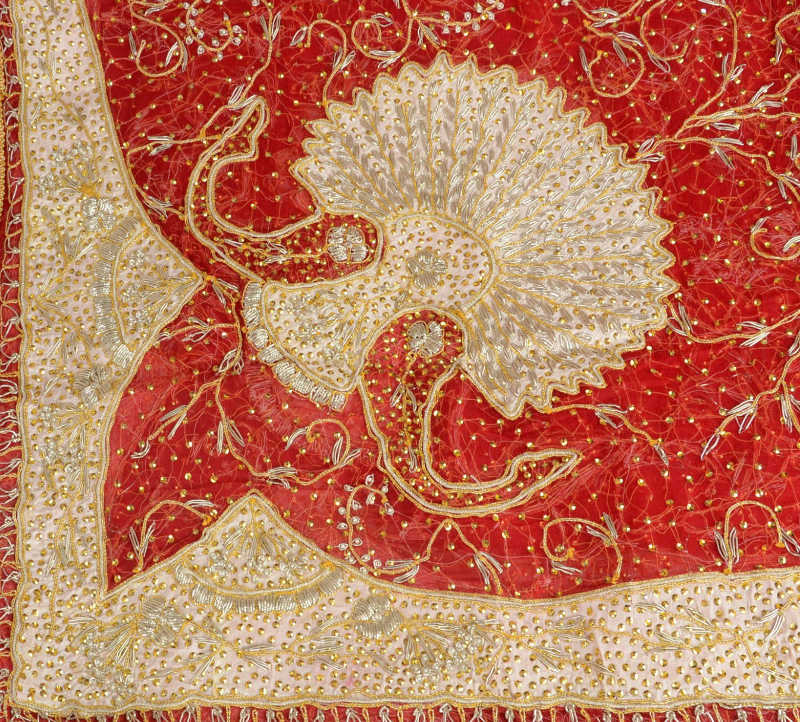===
0932,
3
===

=== |
 |
shaa))istah : 'Worthy, honourable; fitting, proper, suitable; decent; useful'. (Platts p.720)
nama:t : 'Likeness, similitude; manner, mode, way, custom'. (Platts p.1154)
par : 'Pinion, feather, wing, quill'. (Platts p.234)
FWP:
SETS == MUSHAIRAH
MOTIFS == [LOVER AS BIRD]
NAMES == MOTH
TERMS == AMBIGUITY; TAJNIS; THEME; 'TUMULT-AROUSING'In traditional mushairah-verse style, the first line remains unintelligible; it could quite well be 'we' or 'they' who would not be worthy of such a flight. Then, after the usual delay, when we're allowed to hear the second line, even halfway through it we really can't tell what's coming. Only when we hear, at the last possible moment, the rhyme word paro;N does the verse suddenly make sense, and deliver its punch.
'Like the Moth', the bird/speaker announces, 'we will now set fire to our wings'. But really, that is not much 'like the Moth' at all. The Moth had no wing-trouble and no problems in flying. The Moth never sat around deciding whether, or when, to fly into the candle-flame. The Moth never analyzed or castigated his wings (or any part of his body or behavior). The Moth never deliberately set fire to his wings in particular, or to himself. The Moth never made pronouncements about his intentions; in fact, he never talked to us at all. The Moth was entranced, self-less, rapturous as he circled closer and closer to his radiant beloved. His mystical absorption was complete, even before his fiery death and union with the candle.
By contrast, the bird/speaker is analytical, judgmental. He observes his wings and feathers, finds them unsatisfactory for his purposes, decides to burn them up, and makes a formal-sounding announcement of his intentions. He may feel-- or at least claim-- that he is doing what the Moth did, but his claim is not very persuasive.
However, a case could also be made on the bird's behalf. He is clearly not an unselfconscious, spontaneous mystic like the Moth. But is that his fault? He is apparently doing the best he can. He is a seemingly rational decision-maker, but should that be held against him? He's using rational means-- apparently the only ones he has-- to achieve trans-rational, emotional goals. By deciding to imitate the Moth, isn't he making the highest choice in his power?
Which leaves us, again, with ambiguities. I know I am a bird rather than a Moth; you probably are too, dear reader (otherwise you wouldn't be here looking at this page). Hasn't Mir given us in this verse a spectacular illustration of an intellectual versus an emotional pursuit of self-transcendence?